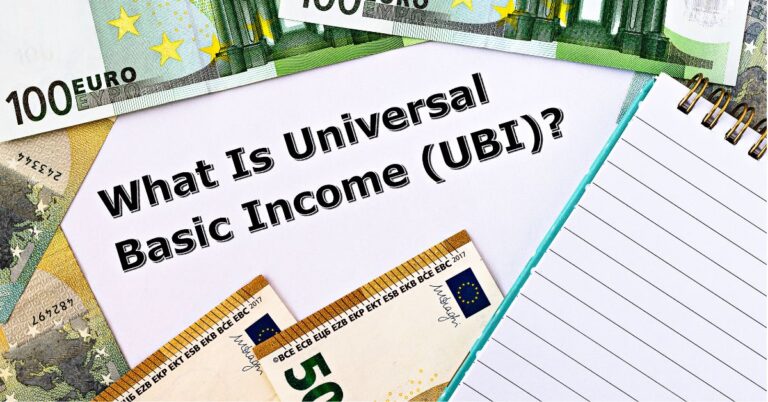The concept of Universal Basic Income (UBI) has been gaining traction in recent years. UBI proposes providing every citizen with a regular, unconditional sum of money, regardless of their employment status. Proponents argue it would alleviate poverty, boost economic security, and empower individuals to pursue further education or entrepreneurial ventures. Opponents, however, express concerns about the program’s financial feasibility and potential disincentive to work.
A Safety Net for All
One of the core arguments for UBI is its potential to alleviate poverty and income inequality. By providing a guaranteed income floor, UBI could lift millions out of poverty and ensure a basic standard of living for all citizens. This could lead to improved health outcomes, increased educational attainment, and a reduction in crime rates.
Furthermore, UBI could act as a safety net during economic downturns. With a guaranteed income, individuals who lose their jobs would have a buffer to weather financial hardship and support themselves while seeking new employment opportunities.
Empowering Individuals and Boosting the Economy
Proponents also argue that UBI could empower individuals to pursue their passions and contribute more meaningfully to society. With financial security, people might be more willing to take risks like starting businesses or going back to school for further education. This could lead to increased innovation and entrepreneurship, ultimately benefiting the economy.
Additionally, UBI could boost consumer spending. With guaranteed income, people would have more disposable income to spend on goods and services, potentially stimulating economic growth.
Concerns and Challenges
Opponents of UBI raise several concerns. A significant challenge is the program’s cost. Providing a basic income to every citizen would require a significant amount of government funding, potentially leading to tax increases or cuts to other social programs.
Another concern is the potential disincentive to work. With a guaranteed income, some argue that people might be less motivated to seek employment.
The Road Ahead
UBI is a complex idea with both potential benefits and drawbacks. Further research and pilot programs are necessary to assess its real-world impact. However, the conversation surrounding UBI highlights important questions about social safety nets, poverty alleviation, and the future of work in a rapidly changing economy.
Ultimately, the question remains: is UBI a path towards a more equitable and secure future, or is it a fiscally irresponsible experiment with unintended consequen

